Palestinian reconciliation: What's at stake
 File Photo
File Photo
JERUSALEM:Multiple attempts at reconciliation between the main Palestinian factions have failed in recent years, but there are hopes they are finally ready to put their differences aside.
Ahead of a key Friday deadline, who are the players and what is at stake in solving the decade-long split?
Who are the players?
The internationally recognised Palestinian Authority (PA) is dominated by the secular party Fatah.
That government is based in the West Bank, but since 2007 there has been a rival administration in Gaza.
The cramped territory, squeezed between Israel, Egypt and the Mediterranean, is controlled by the Islamist movement Hamas.
The West Bank and Gaza are non-contiguous, with anyone seeking to go from one to the other having to travel through Israeli territory.
The PA has contacts with Israel, including coordinating on security issues.
In contrast, Hamas has not recognised Israel's right to exist, and has fought three wars with it since 2008.
What are origins of the split?
In 2005, Fatah leader Mahmud Abbas won Palestinian presidential elections, soon after the death of veteran leader Yasser Arafat.
But a year later, Hamas shocked the world by winning Palestinian parliamentary elections.
Israel, the United States and much of the international community immediately said they could not deal with Hamas unless it disarmed and recognised past agreements, including those recognising Israel.
It is considered a terrorist organisation by the United States and European Union.
Then-British prime minister Tony Blair recently said this stance was a mistake as it pushed Hamas further away from the negotiating table.
Relations between Hamas and Fatah deteriorated rapidly in the following months, with rounds of increasingly violent clashes leading to dozens of deaths.
In June 2007, Hamas violently forced out Fatah's forces from Gaza.
Since then there have effectively been two separate Palestinian governments.
Israel has imposed a crippling blockade on Gaza that it says is necessary to isolate Hamas and not allow it to rearm, but that critics say amounts to collective punishment of two million people.
It also maintains a military occupation in the West Bank.
What is at stake?
Palestinians and humanitarian workers hope reconciliation could convince Israel and Egypt to ease restrictions on Gaza, alleviating the suffering of its residents.
It could also make potential peace negotiations with Israel simpler.
A UN envoy said last week this reconciliation push cannot be allowed to fail, or another round of conflict is likely.-AFP


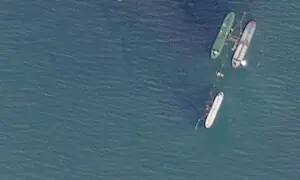

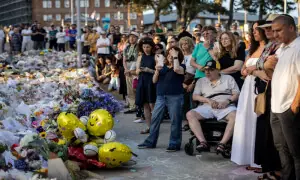
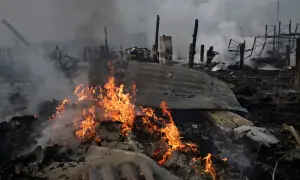



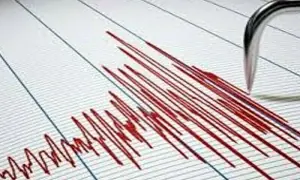
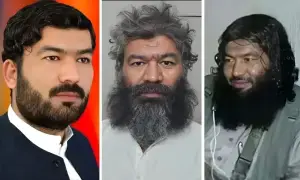
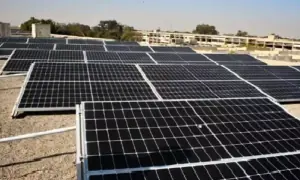


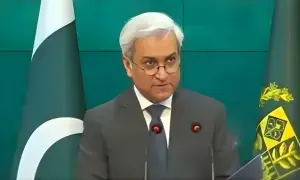
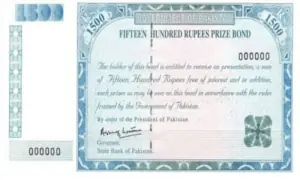
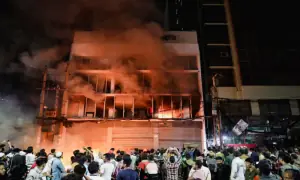
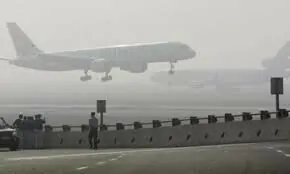
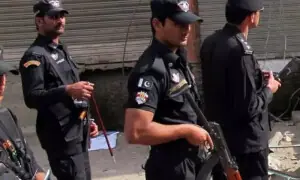

Comments are closed on this story.